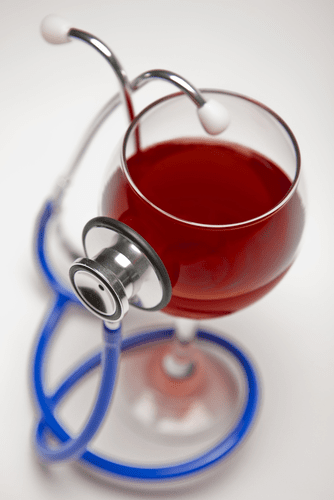It weakens the prefrontal cortex, the part of the brain responsible for decision-making and self-control. This explains why people engage in reckless behavior when drunk, such as driving under the influence, unsafe sex, or aggressive outbursts. Many believe alcohol helps with sleep, but it actually disrupts sleep patterns. While it may induce drowsiness, alcohol prevents deep sleep, causing frequent awakenings throughout the night. Alcohol interferes with neurotransmitters, the brain’s chemical messengers.
Results from both the policy/guidance and interventions components of the review indicate the complex issues and the problems faced by vulnerable individuals who have comorbid AuDs and mental health disorders. It is clear that the multi-faceted problems reach far beyond the dual diagnosis label to include many and varied combinations of mental and physical health problems. National and regional UK Governments have tried to address some of the complex and multi-layered issues via a number of policy framework and guidance documents. From the policy review it is clear that the development of a UK national policy framework for working with comorbid mental health and substance use disorders is overdue and should specifically address the issues of morbidities related to AuDs. It is also clear that studies with high-quality design and rigorous methodological approaches should be developed to examine the efficacy of pharmacological, psychosocial and integrated treatments for comorbid disorders. The relationship between mental health disorders and alcohol misuse is complex, with the potential for multiple variations of diagnoses and mutually dependent problems (Baigent, 2012).
Some researchers have suggested that the effects of psychotherapy may account for some of the pill placebo response observed in medication studies. This is a form of talk therapy where the mental health professional aims to help a person learn new ways to cope with difficult situations by challenging irrational thoughts and changing existing behaviors. Substance use disorder (SUD) is a condition that affects a person’s brain and behavior. For those looking for a bit of entertainment and excitement, online sweepstakes casinos offer players the opportunity to enjoy fun, sweepstakes-based games while providing a safe, legal environment to win prizes.
Regular drinking can lead to depression, and depressed people are also more likely to drink too much. It can also help to highlight any risky situations – times, places and people that lead to you drinking more. If you have more severe ARBD, especially Korsakoff’s Syndrome, this might improve over two or three years after you stop drinking. However, some people will alcoholism be left with severe problems and need long-term care. Alcohol withdrawal syndrome happens when someone stops drinking alcohol when they have been drinking a lot for a long time. However, you should drink water and avoid drinking alcohol again until your body has had time to recover properly.
A 2021 cross-sectional study suggests that people with mental health conditions are more likely to have AUD, and that people with AUD have a higher risk of mental health conditions. One study by the National Institute on Alcohol Abuse and Alcoholism found that people with alcohol use disorder (AUD) were 2.3 times more likely to have major depressive disorder than people who did not have AUD. This might include joining Alcoholics Anonymous (AA) and other 12-step programs that offer nonjudgmental peer support to others living with AUD. You can also join a local support group offered by the National Association of Mental Illness (NAMI), which addresses substance use when NPD and other mental health disorders. If you already have a mental health problem, or have been diagnosed with a mental illness, speak to your GP about the impact drinking alcohol might have on you. If you are taking certain medications, your GP might advise you not to drink alcohol.

Furthermore, the presence of a coexisting psychiatric disorder, such as depression, may impede diabetes management by lowering medication adherence 1. Blood glucose testing and insulin injection are only two examples of how investigations and treatments can be complicated by diseases like needle and injection anxiety. Patients with mental health issues are also less likely to seek help 2.
As needed, you can refer to a mental health specialist for a complete assessment. Narcissistic personality disorder (NPD) and alcohol use disorder (AUD) are closely linked and can occur together as a dual diagnosis. NPD increases the risk of alcohol misuse as a means to escape difficult emotions. While diagnosis and treatment can be challenging, studies have shown that the successful treatment of a mental illness can lead to alcohol recovery in two out of every three cases.

Women who drink heavily tend to get problems with their memory and thinking earlier than men. Studies suggest that as many as 3 in 10 people who are dependent on alcohol could have ARBD. Here, you will be offered treatment to reduce the severity of alcohol withdrawal. People who have delirium tremens should be admitted to hospital for immediate medical support. Delirium tremens (also called DTs) is a serious and dangerous complication of alcohol withdrawal. ‘Delirium’ describes a state of disorientation, which often includes hallucinations and delusions.
Charlotte says her drinking habit began in law school and continued throughout her practical legal training and into very senior legal https://ecosoberhouse.com/ roles later in her career. “It was how we would debrief, talk about what had happened at work, or celebrate what had happened at the end of the week or someone’s birthday – there was always a reason to drink,” she says. I was terrified that I wouldn’t be able to function, that I’d be up all night.